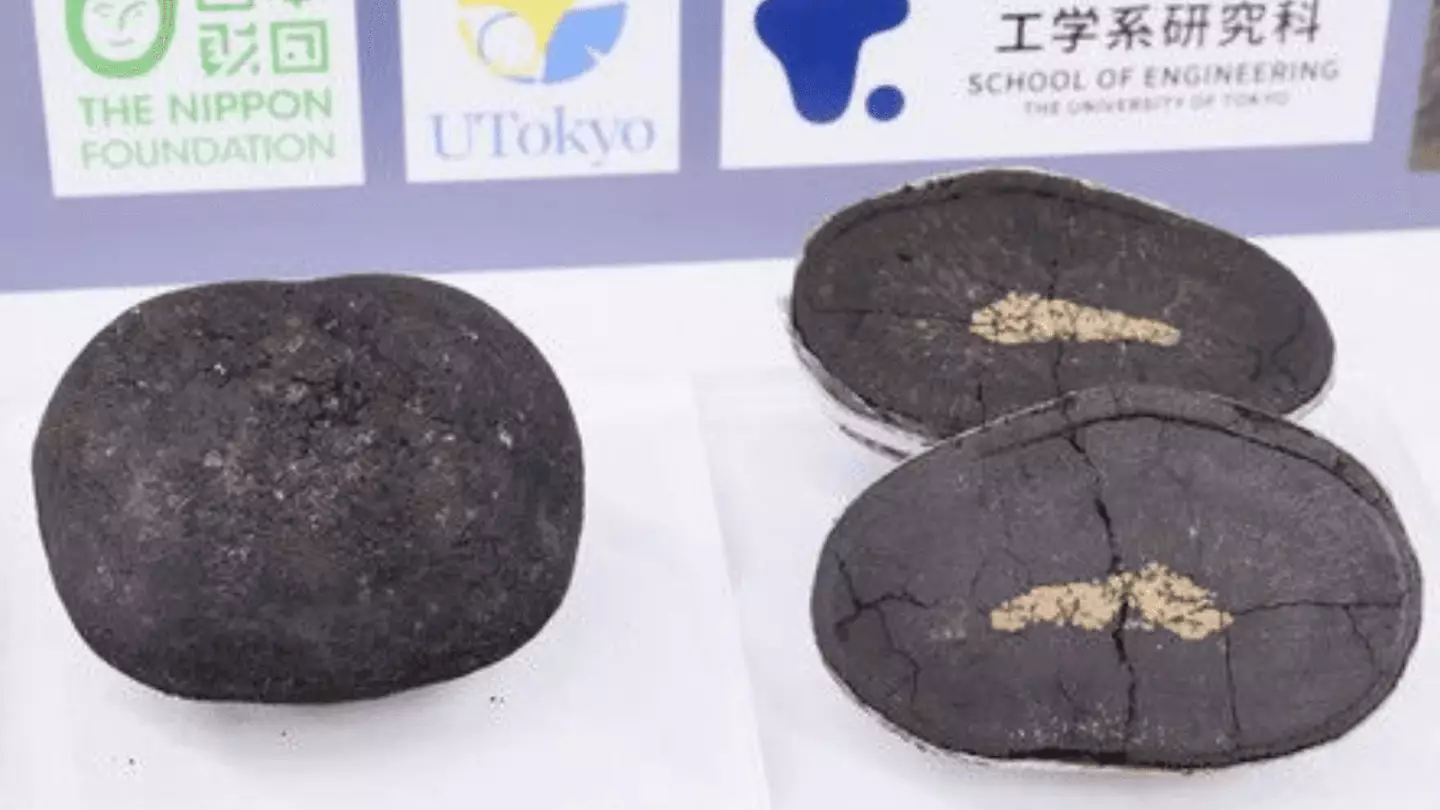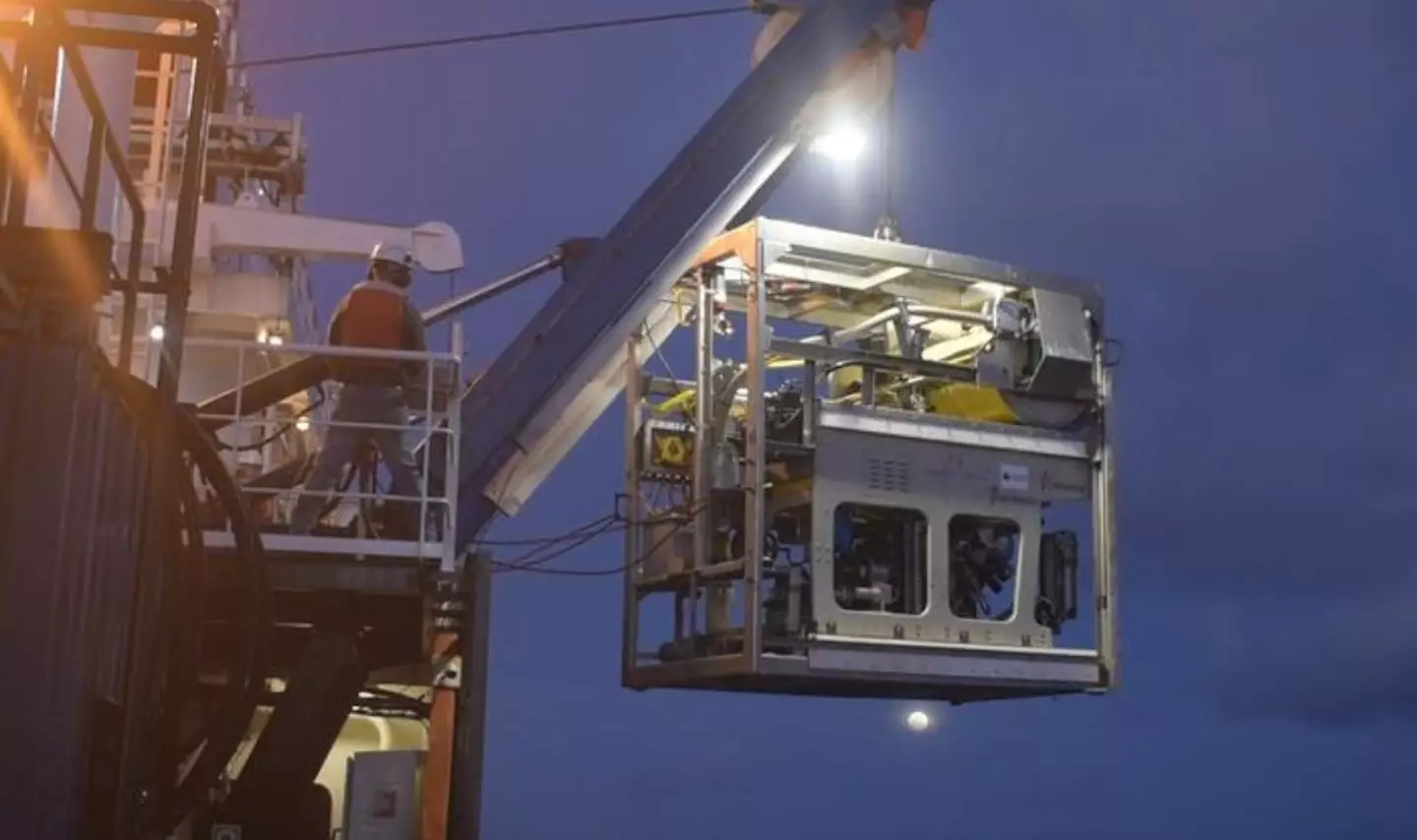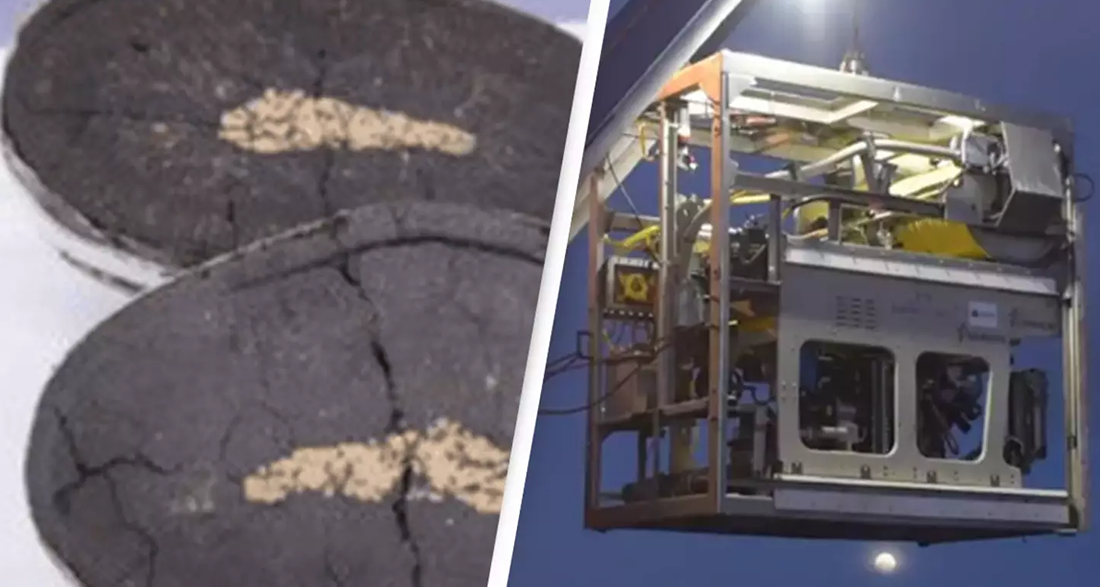Japanese researchers have made an incredible discovery that could be a game-changer for the economy. They found a massive amount of important minerals on the seabed near Minami-Tori-shima island.
This includes 610,000 metric tons of cobalt and 740,000 metric tons of nickel, both of which are crucial for making electric vehicle (EV) batteries. The amount they found is enough to meet Japan’s domestic needs for 11 years!
The discovery was made by The Nippon Foundation and the University of Tokyo. Between April and June, a team used remotely operated underwater vehicles to explore 100 seabed sites.
They guided these vehicles to depths between 5,200 and 5,700 meters and found a dense field of manganese nodules. These nodules, which contain cobalt and nickel, are located about 1,200 miles from Tokyo.

Nikkei Asia reported that these manganese nodules have been forming for millions of years. Metals in the ocean attach themselves to fish bones and other materials on the seabed, eventually forming these valuable nodules.
Interestingly, these nodules were first discovered in a 2016 survey, and some were found around the teeth of the prehistoric Megalodon shark, which lived about 23 to 3.6 million years ago.
Yasuhiro Kato, a professor of resource geology at the University of Tokyo, said that the team plans to start extracting ‘three million tons annually’ from these deposits. He assured that this will be done while ‘minimizing the impact on the marine environment’. Starting in 2025, overseas mining vessels will lift several thousand tons of nodules daily.
The researchers aim to work with the private sector to create a framework for commercialization. This discovery is seen as a ‘jackpot’ for Japan’s EV industry. Using these ocean resources, Japan can reduce its dependency on other countries and meet its own demand for EV batteries.

“Ultimately, we expect that our research outcomes will help boost Japan’s growth by establishing a domestic supply chain stretching from ‘resource-mining’ to ‘manufacturing’, and make Japan a science-technology, and ocean-oriented nation in a true sense of word,” stated a press release from the University of Tokyo.
The report also mentioned plans to ‘collaborate with researchers of multiple disciplines’ in the future to develop more ‘environmentally-friendly products/technologies or new high-performance materials, by using various critical metals created from the new resources’.
This exciting discovery not only promises to strengthen Japan’s economy but also paves the way for advancements in technology and environmental sustainability.
Share your thoughts in the comments down below!

